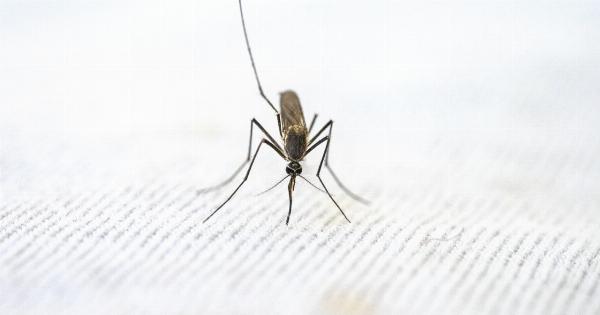Meat consumption has been a part of human history for centuries. However, in recent times, with changing global dietary patterns, the impact of meat consumption on the environment and public health has become a topic of concern.
The demand for meat has grown significantly with rising incomes and urbanization, leading to many problems like sustainability, health issue, and social justice.
Sustainability Issues
The intensive production of animal agriculture can contribute to deforestation, soil degradation, water pollution, and greenhouse gas emissions. Livestock production is responsible for 14.5 percent of global greenhouse gas emissions.
This factor could lead to global warming, climate change, and increase in sea levels.
Additionally, the increasing demand for meat means the need to raise more animals, which requires large amounts of grain and woods to produce animal feed.
This could lead to problems in the supply of agricultural resources like water, energy, and land, causing a negative impact on rural communities.
Health Issues
Meat consumption has been linked to various health issues, including cardiovascular diseases, certain cancers, and type 2 diabetes.
High levels of saturated fats and cholesterol in meat can lead to heart diseases, while processed meat has been classified as carcinogenic by the World Health Organization.
Furthermore, excessive meat consumption has been linked to obesity, which is a risk factor for several diseases.
According to the World Health Organization, the number of obese and overweight adults has increased to over 2 billion since 1980, and meat consumption has been linked to this increase.
Social Justice Issues
The production of meat can have social implications related to poverty and inequality. In many countries, meat consumption is seen as a symbol of wealth, and its availability has led to inequality in food consumption.
Millions of people worldwide suffer from malnutrition, while tons of grain are used to feed animals. Many small-scale farmers face challenges in accessing resources, including land, water, and credit, and the heavy use of animal feed by large-scale agribusiness companies can contribute towards this problem.
Alternatives to Meat Consumption
Plant-based diets are becoming more popular as a healthier, environmentally sustainable alternative to meat. Vegetarian and vegan diets can provide all the necessary nutrients required by the human body.
They are also more sustainable and produce fewer greenhouse gas emissions.
Other alternatives to meat consumption include consuming less meat, choosing organic and locally sourced products, and supporting small-scale farmers.
Conclusion
Meat production and consumption can have significant negative impacts on global health, the environment, and social justice. While consuming meat in moderation can provide several benefits, overconsumption can lead to severe health risks.
It is essential to explore alternative diets, reduce the demand for meat, and support sustainable and ethical practices in animal agriculture and food production.





























